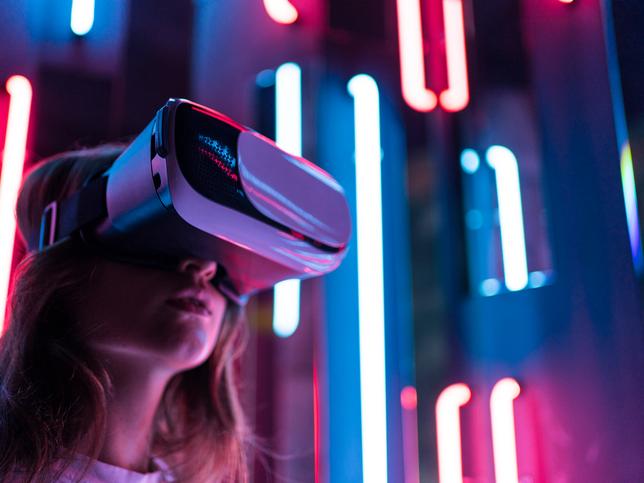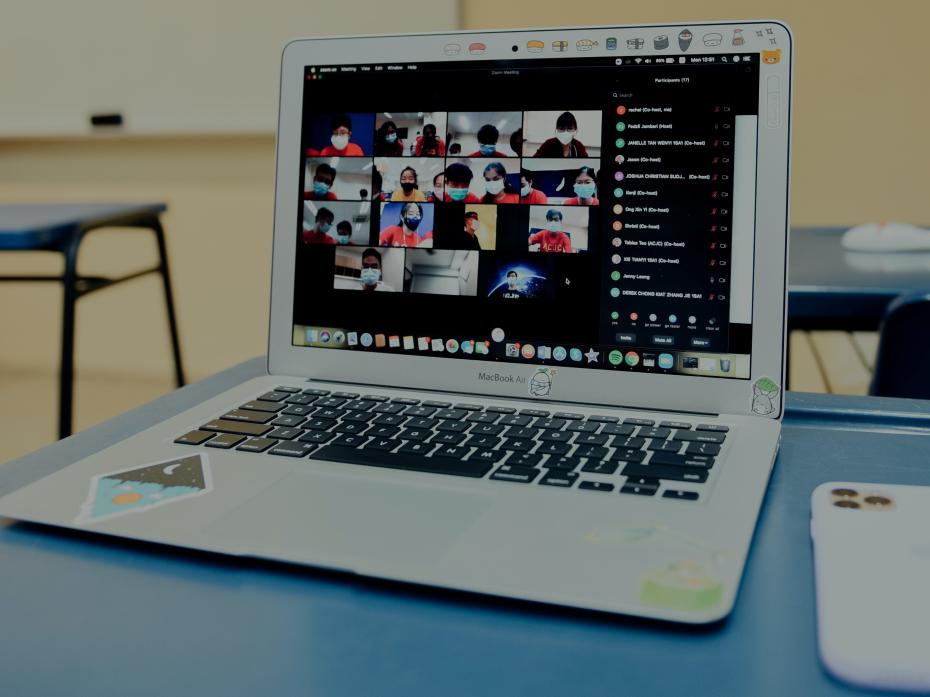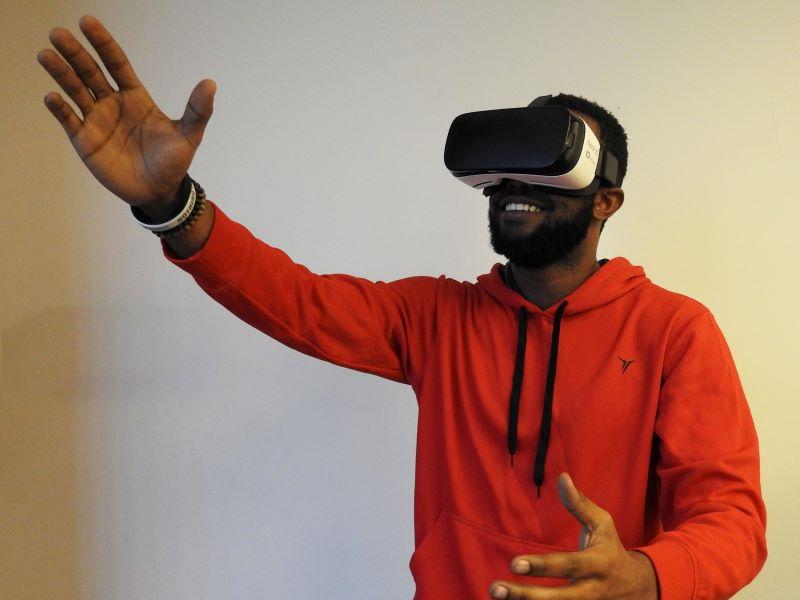
Welcome to your virtual reality-based classroom
You may also like
Equitability of access in education remains a global challenge in today’s digital era, creating a divide between those with access to physical training on advanced expensive scientific equipment, and those whose training is purely theoretical.
This division hinders global scientific equality in employment, as those without access to in-person training are at a significant disadvantage in the employment market. In order to address this disparity, the 3DI Virtual Reality (VR) Institute, a collaboration between UCL and Marmara University, chose to develop an accessible virtual reality-based building. It combines multilingual conversational AI avatars with digital twin models of current 3D printing equipment.
- How to use 3D scanning technology to create virtual tours for your students
- The power and the peril of virtual reality in HE
- Introducing the ‘virtual rally’ – a strategy for collaborative learning
In this virtual institute, students and researchers from anywhere in the world can access high-quality training and resources in any language, regardless of their location. Scientific training can be provided by simply putting on a low-cost VR headset, across the globe. This article explores how we created a virtual hub for 3D printing education that could serve as a model for the future of accessible education across the globe.
Creating a globally accessible institute
While many global collaborations rely on webpage-based collectives, the 3DI Institute was designed at its outset to be a digital-only VR-based learning environment that specialises in training and collaboration in 3D printing, based virtually in a four-floor virtual building and accessible via either a PC or a low-cost VR headset.
This building was designed to replicate the physical space of a normal building, through inclusion of meeting rooms, laboratories, equipment rooms, seminar spaces and conference facilities, as well as access to digital twin models of best-in-class 3D printing equipment, ensuring that users could experience realistic hands-on training in a digital learning environment.
Key insights on building a VR-based educational hub:
- Software: At its outset, we sought a sustainable approach to collaboration, where we could meet with colleagues in Marmara University without the need for physical travel. To this end, we developed software using Unreal engine, which would enable us to meet both via PC or Meta Quest 2/3 headsets and train together in the same building, exactly the same as in real life. Simply putting on a headset, the user is transported to the digital 3DI centre.
- Digital twin technology: Our 3DI digital twin concept allows students to practise with replicas of real-life 3D printing equipment, reducing the need to over-purchase expensive machinery and enabling institutions to scale resources across different regions. This involves digitisation of existing equipment, necessitating CAD-based skills and/or training.
- AI avatars for 24/7 support: While we typically train students in English, there is often a gap in communication that can hinder students’ progress. To overcome this, we sought to include multilingual AI conversational avatars at the outset, to allow students from any time zone to access guidance in their own language, creating an inclusive, round-the-clock learning experience. These avatars serve as virtual tutors, bridging the gap between students and real-life instructors and widening access to an often-overlooked need by students.
Overcoming challenges and building partnerships
While designing the concept of the 3DI Institute, we were fortunate to receive support from the British Council’s Connection for Innovation funding. This support was instrumental in helping us overcome early barriers, setting a strong foundation for ongoing collaboration.
The team make-up was also essential, as it involved others taking on a steep learning journey in technology that we had undergone at UCL. Being able to train others over a thousand miles away is challenging at the best of times, but the team in Marmara were incredible, with the creation of a train-the-trainer session at the outset, to build the foundations of technology adoption of VR in Marmara.
Practical advice for VR-enhanced education
- Invest in scalable VR tools: Start by building/working with VR modules that can be scaled and adapted for different courses. At the 3DI Institute, we designed versatile VR components that can easily be expanded or modified as desired.
- Emphasise environmental sustainability: By reducing the need for travel and physical resources, VR solutions not only lower costs but significantly reduce carbon footprints of global collaboration.
- Prioritise accessibility through AI: Overcoming geographical barriers and deploying multilingual AI avatars has made our institute more inclusive, allowing users across the globe from diverse linguistic backgrounds to benefit from the resources.
The 3DI Institute showcases the transformative potential of VR in scientific education and training. By breaking down physical barriers and offering sustainable, accessible and interactive learning environments, we have created a precedent that other institutions can easily adopt. The project proves that with the right partnerships, collaboration and technology, we can create a future where quality education is universally accessible.
Stephen Hilton is VR lead at the UCL School of Pharmacy, UCL, and Blanka Hilton is VR lead for the science degree apprenticeship at the School of Biosciences, University of Kent. UCL has been shortlisted in the Technological or Digital Innovation of the Year category in the 2024 THE Awards. A full list of nominees can be found here. The awards will be presented at a ceremony in Birmingham on 28 November 2024.
If you would like advice and insight from academics and university staff delivered direct to your inbox each week, sign up for the Campus newsletter.




